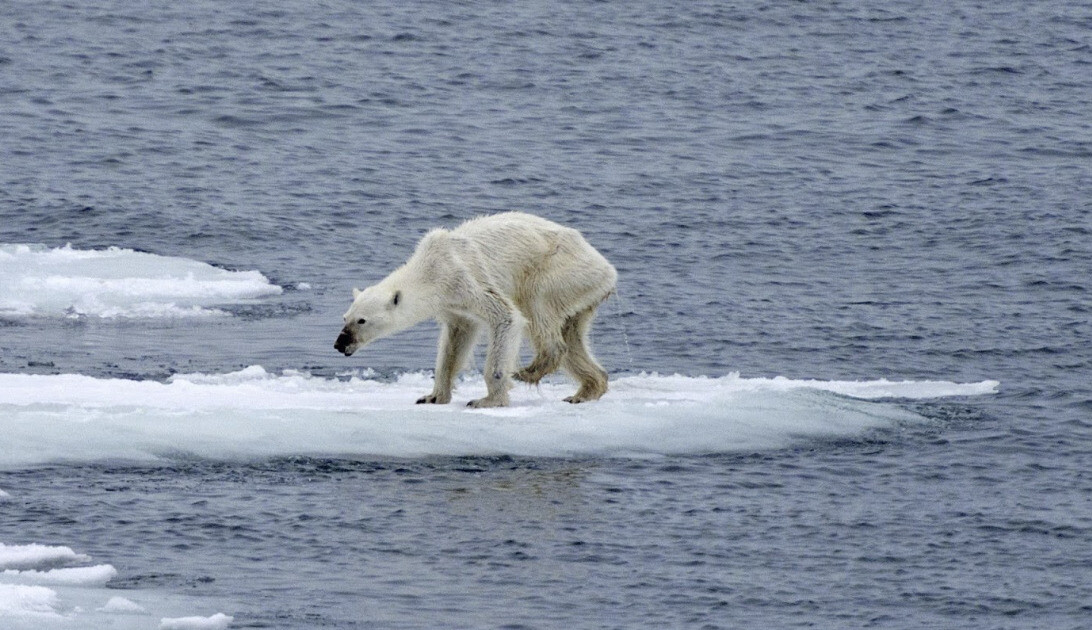Alessandra Gass, Features Editor
@agasscourant
Within the past few weeks, President Biden has come under fire for considering support for the Willow Project, a $6 billion new oil and gas drilling project that would take place in the National Petroleum Reserve in Alaska.
The Willow Project is a proposed oil and gas drilling project led by ConocoPhillips, one of the largest oil and gas companies in the world. The drilling site is estimated to yield around 180,000 barrels of oil per day and generate $8-17 billion in revenue for the company.
In February of 2023, the Biden administration announced that it would support a curtailed version of the Willow Project. If approved in full, the project would lead to more greenhouse gas emissions than any other project on public American land. Though a scaled-back alternative has been heavily promoted – even encouraged – by government, emissions would only decrease by 2%.
Such an undertaking is bound to have disastrous global effects, primarily through its contribution to greenhouse gas emissions. As a significant new source of oil and gas production, the Willow Project would increase the amount of fossil fuels available for consumption, leading to additional emissions of carbon dioxide and other ozone-depleting gasses into our already-damaged atmosphere.
These increased emissions would contribute to global warming, exacerbating the already significant impacts of climate change. The effects of our rapidly changing climate are already seen both globally and nationally, destroying the lives of those caught in the crossfire of rising sea levels and natural disasters. The increased frequency of these events are immense, and are projected to worsen in the absence of significant efforts to reduce emissions.
Specifically, one of the significant environmental concerns is the inevitable disruption of wildlife habitats and biodiversity resulting from drilling and extraction. The project area is home to a variety of wildlife, including caribou, polar bears, and migratory birds. The construction of infrastructure required for the project are predicted to permanently fragment habitats, making it increasingly challenging for wildlife to thrive, ultimately leading to population and ecosystem decline.
Additionally, the approval of large-scale oil and gas projects like Willow encourages investors and other stakeholders, signaling continued reliance on fossil fuels and hindering the transition to cleaner energy sources that are critical to mitigating the worst impacts of climate change.
President Biden currently holds the ultimate authority to decide whether to proceed or halt the project, despite its preliminary approval. In order to ensure that Willow is rejected, we must voice our concerns about the project and urge our leaders to fight against it. Protect Our Winters has developed a message template and website that enables individuals to send a message to the Biden Administration, pushing them to reject the project.
In addition, there is a plethora of petitions and fundraisers that have the power to potentially save our planet from irreversible destruction. Protect The Arctic allows for you to sign a petition and personally reach out to representatives if interested, while Change.org is in need of 4,500,000 signatures with a current standing of 3,100,000. Though seemingly mundane, singing and spreading these petitions can make all the difference in regards to stopping Willow.
Our generation has inherited an environment run down by centuries of global pollution, and though a terrifying reality, our action today will ultimately lead to irreversible change. In order to ensure that such change is positive, we must first acknowledge the severity of our situation and commit to growth. It’s crucial we recognize that change won’t happen overnight, but by unifying our goals, we have the power to create a healthier and more sustainable future for ourselves and the world around us.




